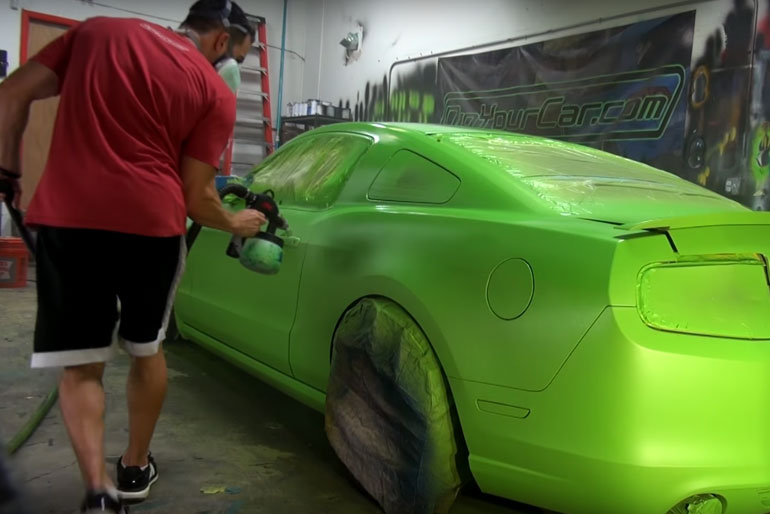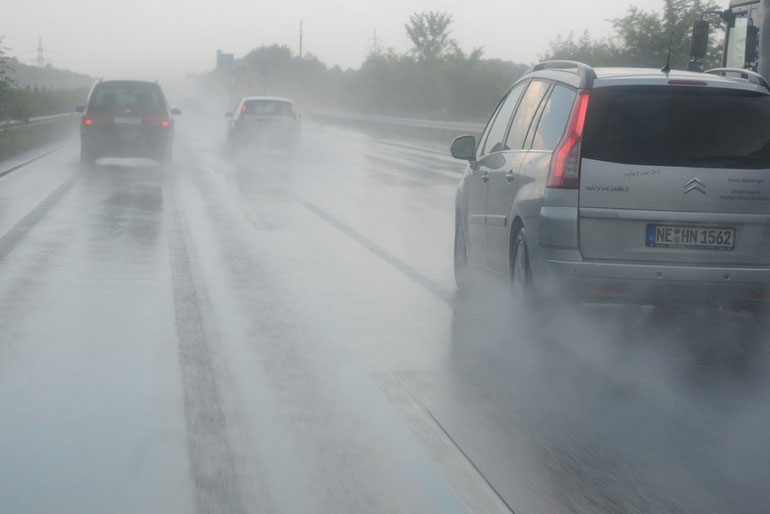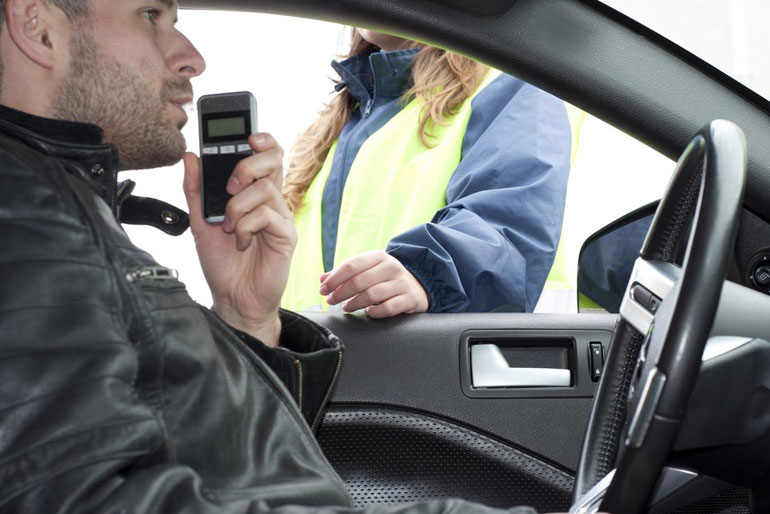Getting into a car accident has the potential to change your life for the worse, that’s why you need to take all measures to drive consciously and be wary of the laws. Being charged with a DUI or DWI can impact your career, finances and your reputation, but if you’re confident that you’re adhering with the laws, you don’t have anything to worry about.
Authorities are always on the hunt for offenders or drivers who drive under the influence of alcohol or drugs. If you’re asked to stop and take a breathalyzer, what should you do?
In this article, we will talk about what to do and how to pass a breathalyzer test when you’re asked to take one.
Factors Affecting Breathalyzer Accuracy
If you’re not careful about what you eat or drink before taking a breathalyzer test, it can totally mess with the accuracy of the results. There are several factors that can affect the accuracy of a breathalyzer, and one of them is the presence of certain substances in your mouth.
For example, if you’ve recently consumed mouthwash, breath mints, or cough syrup, it can potentially give a false negative reading on the breathalyzer. This is because these products often contain alcohol or other substances that can be detected by the device.
Certain hygiene products such as hand sanitizers or cleaning solutions can also interfere with the accuracy of the breathalyzer. Exercise caution regarding what you consume or use before taking a breathalyzer test to ensure dependable and truthful results.
Remember, under North Carolina DUI laws, or even in most states in the US, it’s illegal to drive a commercial motor vehicle if your alcohol reading is at 0.04 or higher.
Mouth Alcohol And Its Impact On Test Results
Be aware of the possibility that mouth alcohol can cause inaccurate results on a breathalyzer, leading to potential consequences that you may not deserve.
Mouth alcohol refers to the presence of alcohol in the mouth, rather than in the bloodstream. This can occur due to a variety of factors, such as recent alcohol consumption, the use of mouthwash or breath fresheners, or even certain medical conditions.
When you blow into a breathalyzer, it measures the alcohol content in your breath, assuming that it accurately reflects the alcohol in your bloodstream.
If there is mouth alcohol present, it can artificially inflate the breathalyzer reading, leading to a false positive result.
This can have serious implications, as it may result in penalties such as license suspension, fines, or even legal consequences. Therefore, it is important to be mindful of any potential sources of mouth alcohol before taking a breathalyzer test.
Improper Breathalyzer Calibration
When a breathalyzer is not properly calibrated, it may also provide inaccurate readings, resulting in false negatives.
This means that someone who has consumed alcohol may pass the test and be wrongly deemed sober. There are several factors that can contribute to improper calibration, such as age and usage of the device, lack of regular maintenance, or human error during the calibration process.
It is crucial for law enforcement agencies to regularly calibrate their breathalyzer devices to ensure accurate results.
While individuals who are facing DUI charges should consider challenging the results if they suspect improper calibration. Consulting with a knowledgeable attorney can help navigate the legal process and potentially uncover any errors in the breathalyzer calibration.
Medical Conditions And False Negative Results
Certain medical conditions such as diabetes and hypoglycemia can cause false negatives on a breathalyzer. This happens because these conditions can lead to the production of substances in the body that can be mistaken for alcohol by the breathalyzer machine.
Gastrointestinal conditions like acid reflux and GERD can also affect breathalyzer results. These conditions can cause alcohol in the stomach to rise into the mouth, leading to higher alcohol readings on the breathalyzer.
It’s important to be aware of these medical conditions and their potential impact on breathalyzer tests to ensure accurate and fair results.
Conclusion
Understanding the potential factors leading to false negatives on a breathalyzer test is vital for both individuals facing DUI charges and those responsible for conducting these tests.
Factors such as mouth alcohol, improper calibration, interference from external substances, and specific medical conditions can all contribute to deceptive results.
If you find yourself on the receiving end of a false negative result, seeking legal counsel and challenging these results may be a necessary step in defending your rights and ensuring a fair legal process.







